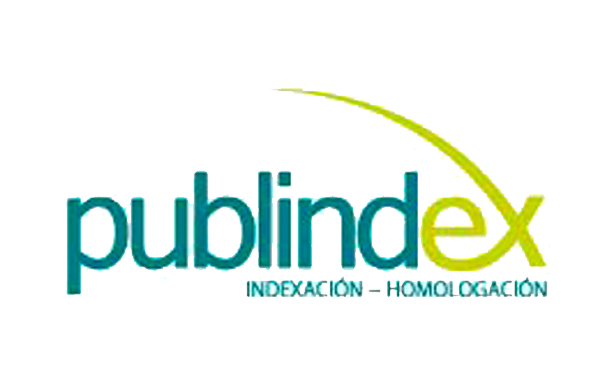Central theses of the logical empiricism
Abstract
Given the importance of the philosophical movement known as Logical Empiricism, in the past and present history of science philosophy, nothing more necessary than be clear about its foundations. With this purpose, this article makes a systematic presentation of the central theses of the Logical Empiricism, based in its programmatic documents. The theses put forward are as follows: 1) The thesis that is own of empiricism, the knowledge about nature is synthetic; 2) The knowledge of logical and mathematics is analytic; 3) The principle of verification of meaning as demarcation criterion between science and metaphysic; 4) The logical analysis of language as philosophical method; 5) The unification of empirical sciences; and 6) The structure of scientific theories.Downloads
References
Bunge, M. (2006). Chasing reality: Strife over Realism, Toronto, University of Toronto Press;v.e. A la caza de la realidad. La controversia sobre el realismo, Barcelona, Gedisa,
Carnap, R. (1930-31). La antigua y la nueva lógica, en Alfred J. Ayer (1959), El positivismo lógico, México, FCE, 1986.
——— (1939), Foundations of logic and mathematics, Chicago, University of Chicago Press; v.e. Fundamentos de lógica y matemáticas, Madrid: Taller de Ediciones Josefina
Betancor, 1975.
——— (1963), “Intellectual autobiographyâ€, en Paul A. Schilpp (ed.), The philosophy of Rudolf Carnap, La Salle, Open Court, pp. 3-84, 1963; v.e. “Autobiografía intelectualâ€,
Barcelona, Paidós, Universidad Autónoma de Barcelona, 1992.
Coffa, J.(1991). The Semantic Tradition from Kant to Carnap, Cambridge, Cambridge
University Press; v.e. La tradición semántica. De Kant a Carnap, México, Universidad
Autónoma Metropolitana, 2005.
Giere, R. (1988). Explaining science. A cognitive approach, Chicago, University of Chicago Press; v.e. La explicación de la ciencia. Un acercamiento cognitivo, México, Consejo Nacional de Ciencia y Tecnología, 1992.
Guerrero, . (2009). Introducción a la filosofía de la ciencia. Documentos de trabajo, Cali, Programa Editorial Universidad del Valle, 3°ed.
Hahn, H; Neurath, O; y Carnap .(1929). “The scientific conception of the world: The Vienna circle, en Neurath y Cohen, Otto Neurath, Empiricism and sociology, Dordrecht,
D. Reidel Publishing Company, 1973; v.e. “La concepción científica del mundo: El
círculo de Vienaâ€, Redes. Revista de estudios sobre la ciencia y la tecnología, Vol. 9,
Nº 18, Buenos Aires, 2002.
Mahner, M y Bunge, M. (1997). Fundamentos de biofilosofía, México: Siglo XXI, 2000.
Reichenbach, H. (1948), “Racionalismo y empirismo. Investigaciones sobre los orígenes del error filosóficoâ€, en Moderna filosofía de la ciencia, Madrid, Tecnos, 1965, pp.165-182.
Sellars, W. (1963). Ciencia, percepción y realidad, Madrid, Tecnos, 1971.
Schlick, M. (1930-31). “El viraje de la filosofíaâ€, en Alfred Ayer (1959), El positivismo lógico, México, FCE, 1986.
Wittgenstein, L. (1991). Tractatus Logico-Philosophicus. Madrid: Alianza Editorial.
Weber, M.(2005). Philosophy of experimental biology, Cambridge, Cambridge University Press.
Creative Commosn Licence 4.0








